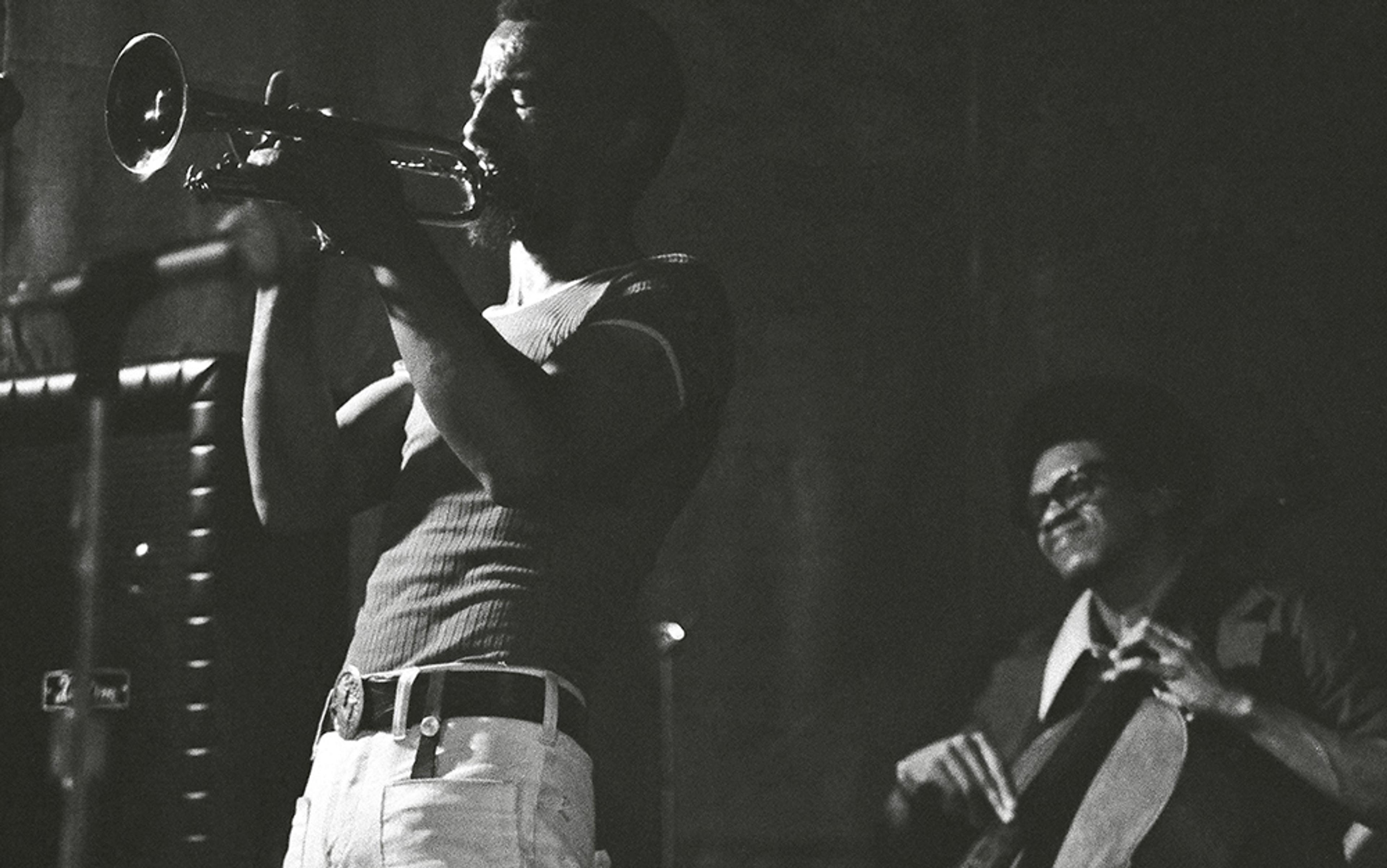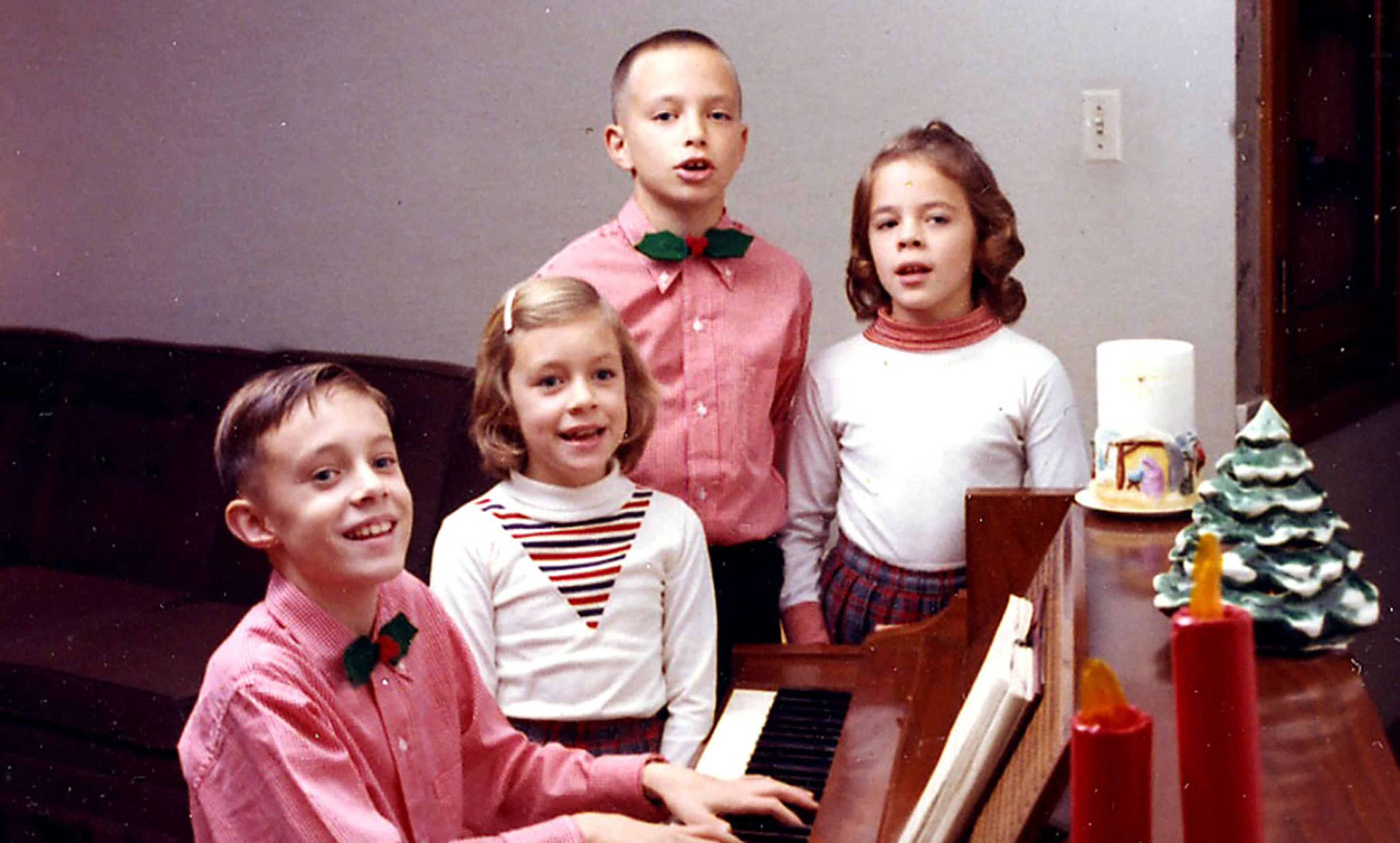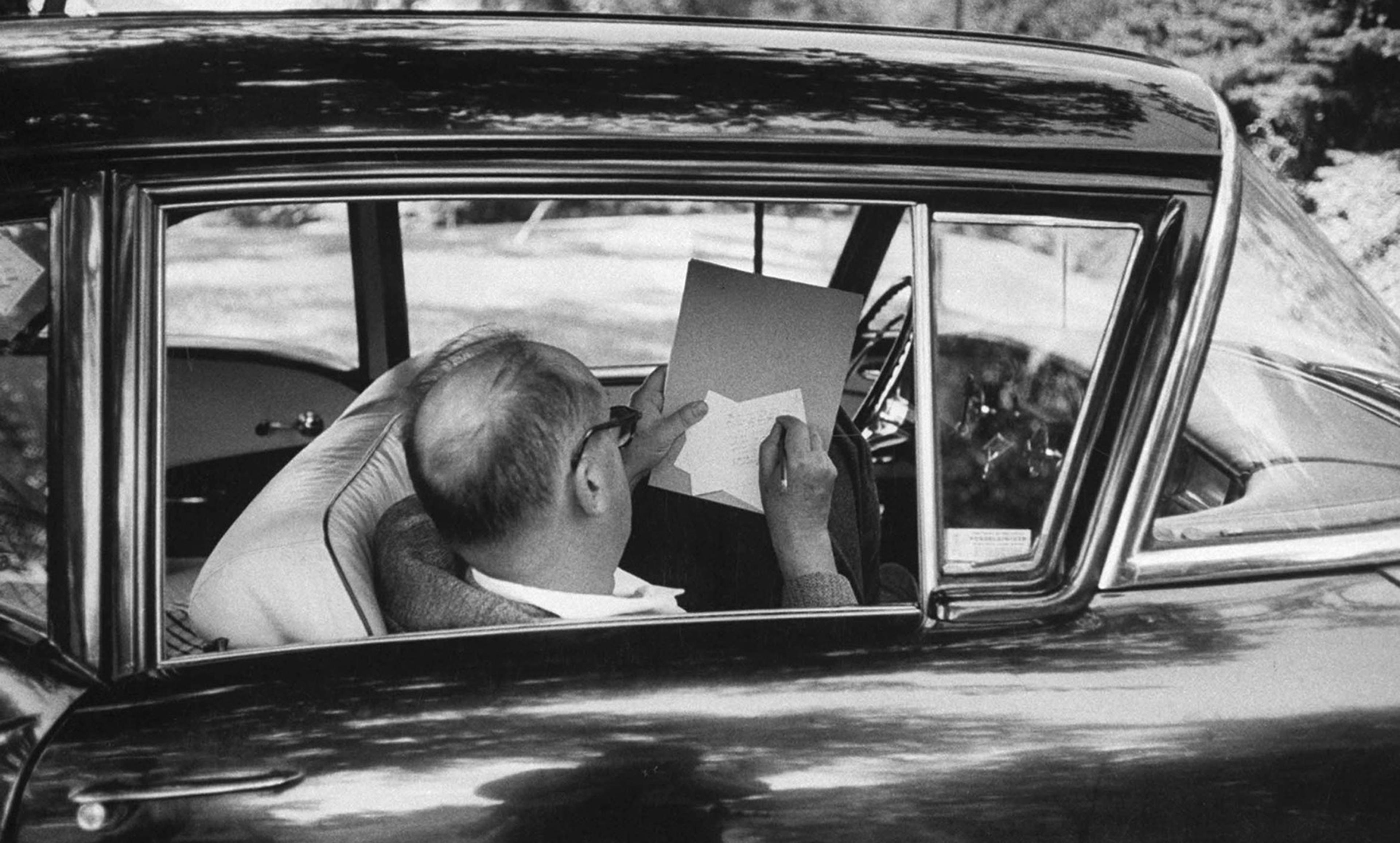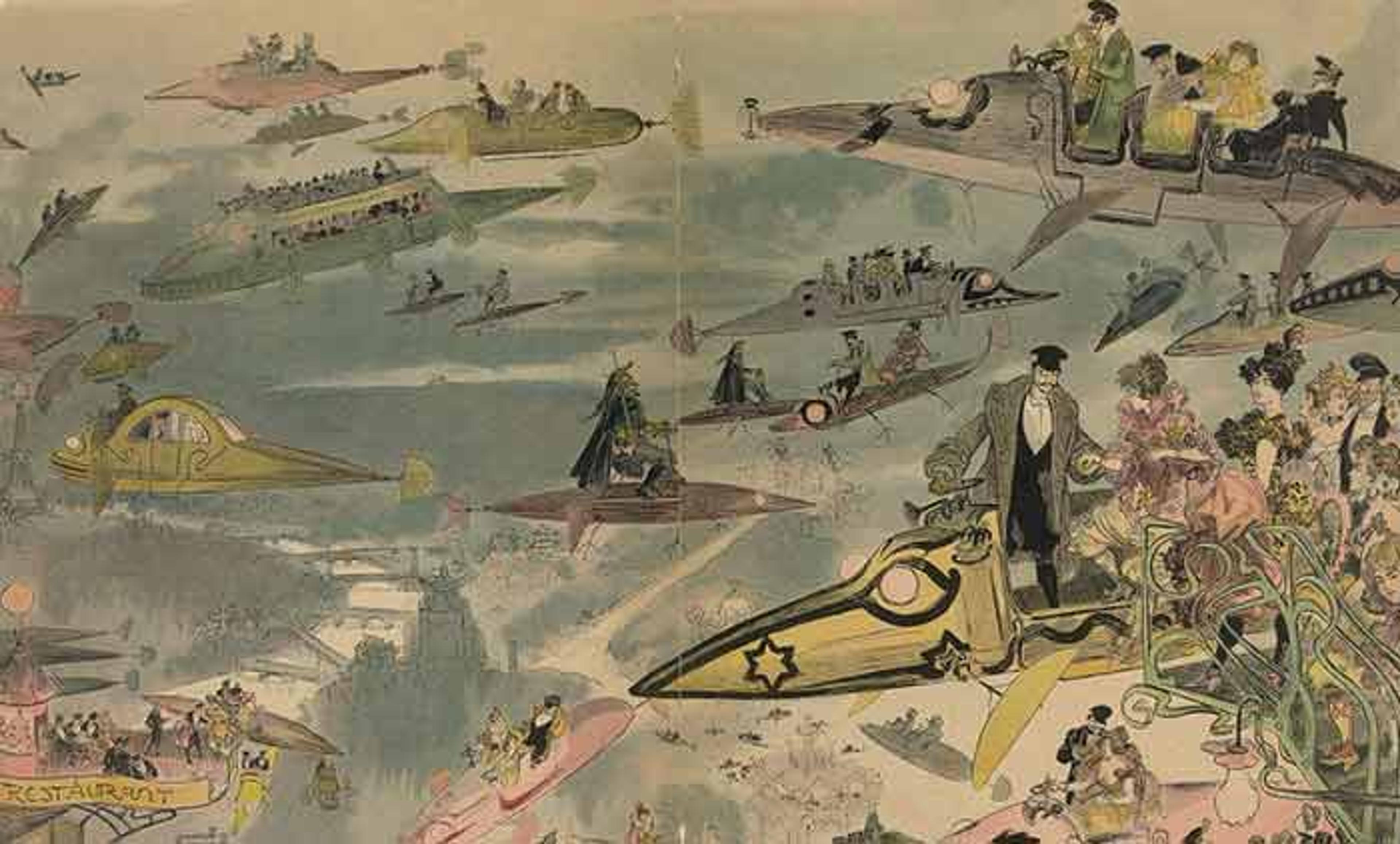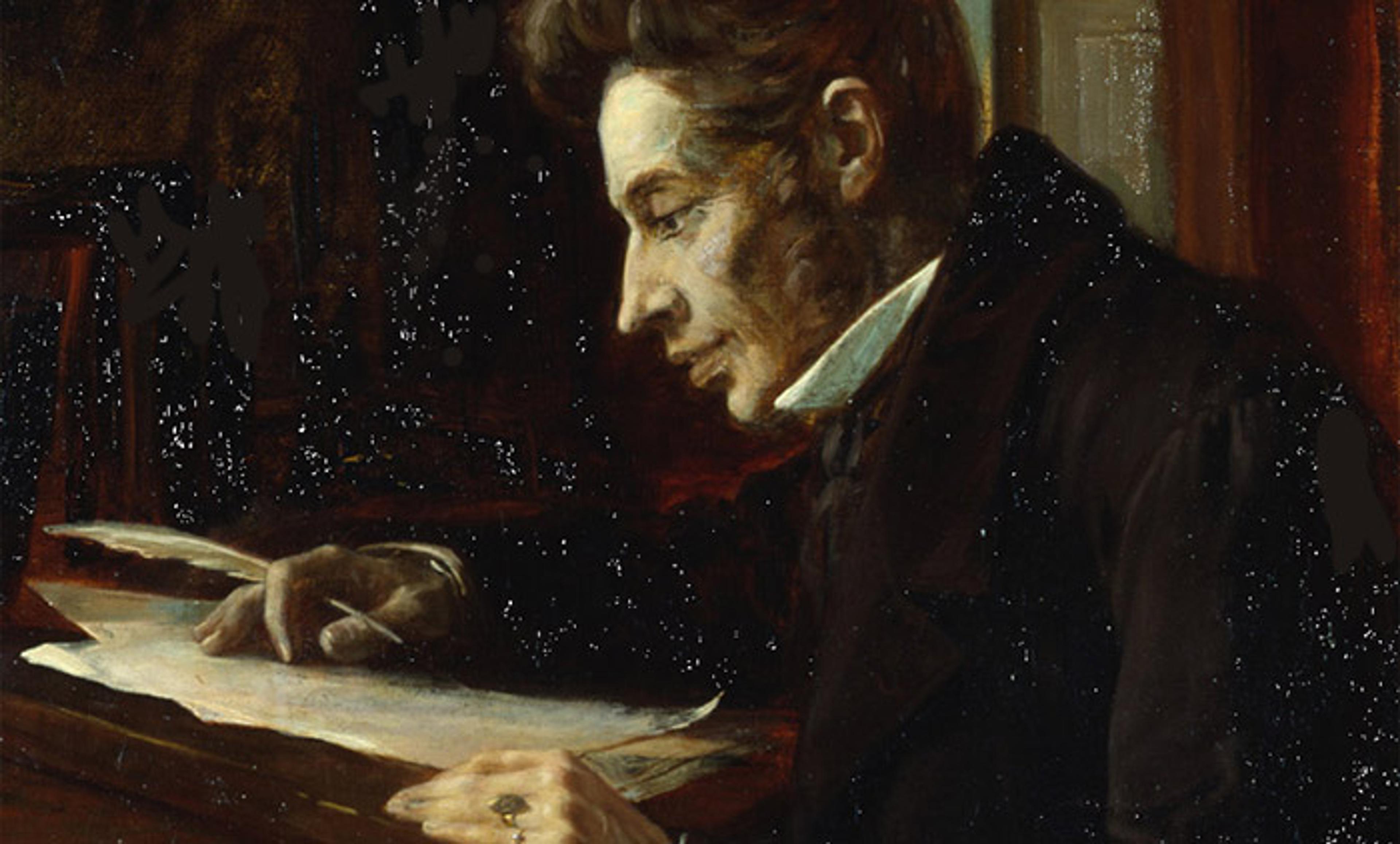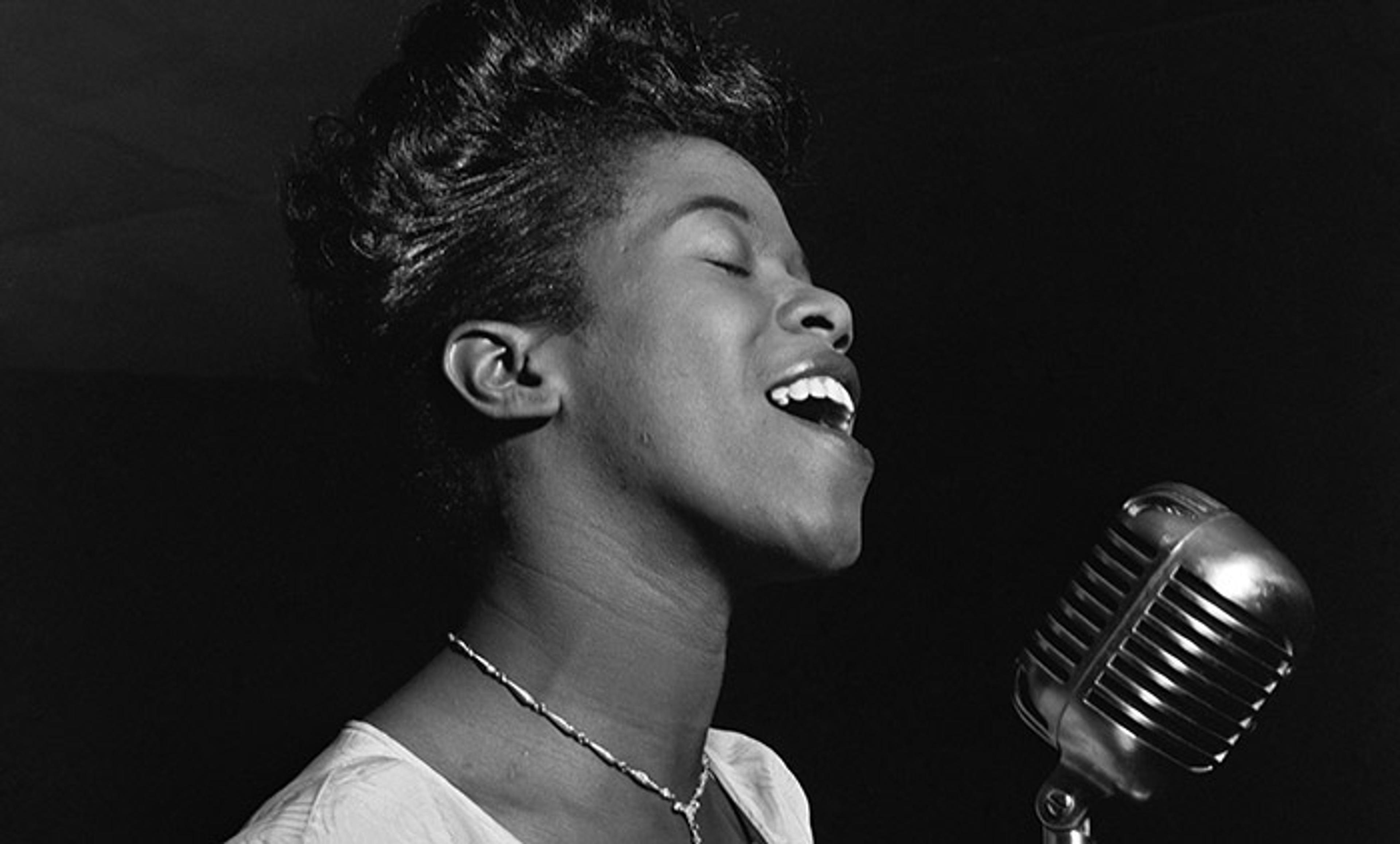Tom Marcello/Fickr
Words and music have been at odds for a long time. They have quarrelled for centuries. But they have not always quarrelled over the same things. Song came first. When words are set to music, which should take priority? Must we always hear the words, or can words dissolve into melody or voice or texture? Should verbal expression or musical form govern the work? These questions became prominent during the 17th century and have never entirely disappeared, but by the turn of the 19th century the bone of contention had changed from vocal to instrumental music. Words in music became less important than words about music. The location of musical meaning shifted from what words sound like to what words say. The principal question was about the adequacy of words to account for musical meaning or expression. Or rather, whether to use words for that purpose at all when music, rooted in the depths of human subjectivity and spirit, obviously transcended anything words could express. Music had become the vessel of the ineffable. More than that, it had made the ineffable, in the sense of transcendental value, available and reproducible. Music made the ineffable into a commodity. This 19th-century conception is still alive. In fact, it remains the default position about music for many people: it cannot be captured by words. I have often written against this idea. We use language to breach the ineffable constantly; why should music be exempt? Why should we be afraid to use language creatively to explicate the force of musical experience?
This points toward something important that the quarrel between words and music has largely ignored: it does not matter whether we should address musical experience with words because the fact is that we do. We do it all the time but, more importantly, we do it when some musical experience has touched us in a profound and personal way. How should we regard the speech or writing that results? As a kind of diary entry? An emotive expression? A subjective reaction? Or is it an act of discovery? A form of insight?
The easy answer – ‘all of the above’ – is true but useless. As my own language implies, I am firmly on the side of discovery and insight. Music is a vehicle of understanding. But what kind of understanding does it make possible? Why does it matter? What is at stake?
A great deal. Music can speak to fundamental questions, like those of life and death. Just look at the case of Theresa Brown, who recently wrote in The New York Times about Richard Strauss’s tone poem Death and Transfiguration (1889). Brown is not a musicologist. She is a hospice nurse. So on the subject of death, she writes from an unusual position of authority; she knows a good deal more about the agonies of death than Richard Strauss did in 1889.
Brown’s knowledge initially got in her way. She was reluctant to go to the concert lest the music make her ‘feel [her] job too deeply’; she attended only because her son was in the orchestra. Once in the audience, she had trouble concentrating on the music. Her visceral reaction to one section in particular amounted to a kind of embodied critique, because when she heard this passage it did what she feared: it recalled the struggle of an elderly patient for whom ‘the battle between life and death [came] not as a move toward transfiguration, toward a more beautiful state of being, but as uncontrollable pain and spitting up of blood’. Despite its ‘cacophony of moody bass notes, blasting brass and furious, slashing violins’, the section of music said to represent the death struggle lapsed into her still-painful memories. She did not hear the music fully again until the ‘melodic and wistful’ section that ensued.
At this point her memories began to shift. By the close, she was mindful that her patient, thanks largely to her efforts, had died peacefully after being moved from hospice to hospital. His hope for a peaceful death had been fulfilled. But, she adds: ‘I didn’t understand that until I heard the final long and aching high notes of the… transfiguration.’ The choice of words is important. Brown does not say she didn’t recall or know; she says that she didn’t understand. Understanding came only in the sound of those notes, which, moreover, did not forget that death was ‘horrible’ but showed that it could be ‘redemptive’ at the same time.
Brown’s language is apt but not exceptional, and an articulation of what she came to understand can be made by words alone. But this understanding needed to come through the music. Brown’s thoughtful listening found something in the sound – in another context I could speculate on what – with which she made her understanding an event, even a life-changing event, and not just a notion. That is what her words show. They show it, moreover, not in this sentence or that, but in her text as a whole, which should not merely be read but interpreted, as I have tried to interpret it here. This nexus of listening, writing and interpreting exemplifies how musical meaning can arrive through language. Music will not tell us what to say. But if we are willing to say what we hear, it will listen back.
